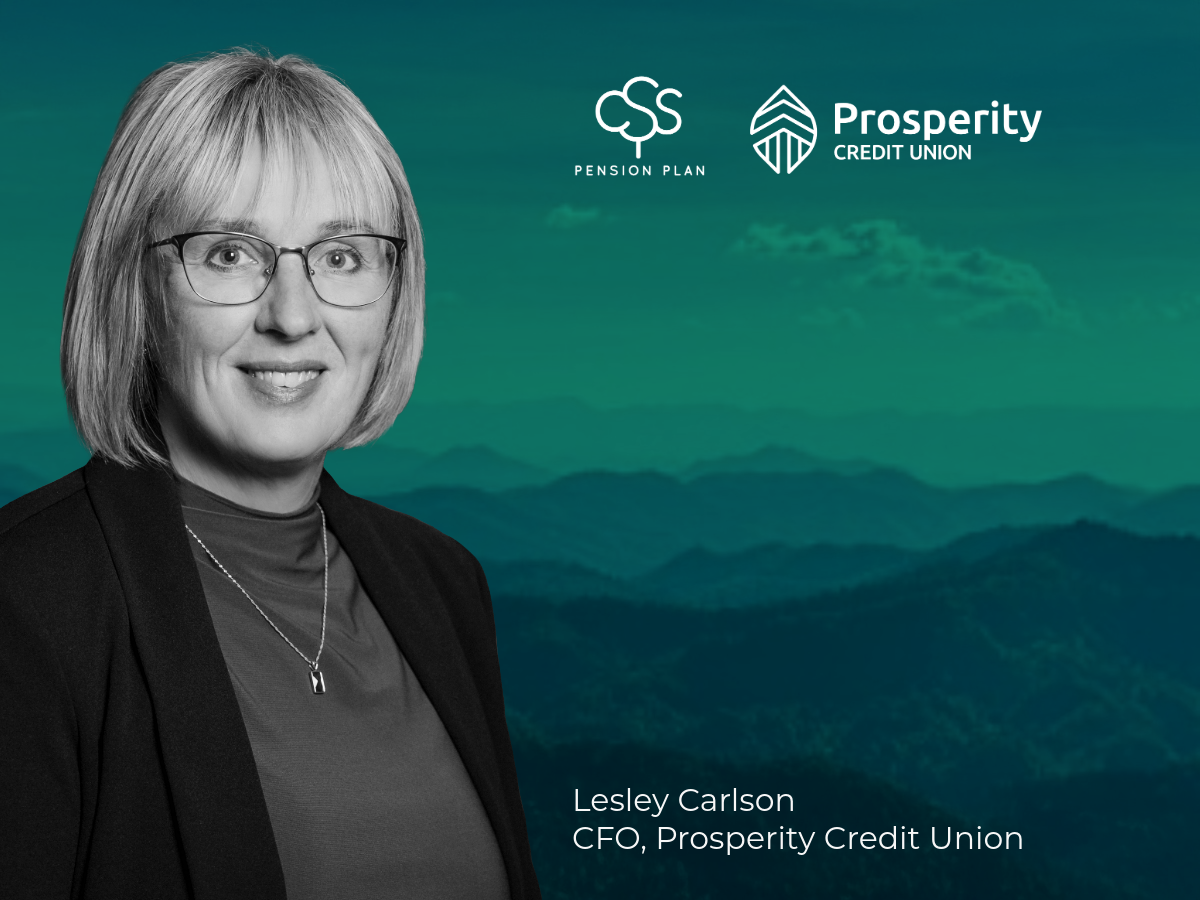

A resource for you – a financial planner!
A financial planner can assist with a broad range of financial and retirement services. They may be financial generalists and support their clients with money management, risk management, investment planning and management, and retirement planning concepts. It is also very possible that a financial planner will become a specialist in certain topics – such as pension and retirement income planning. Financial planners will help you in determining your capacity and comfort with investment risk, and with determining your investment objectives.
Choosing a financial planner is a significant decision that can greatly impact your financial future. For Canadians, this process involves understanding your financial goals, knowing what to look for in a planner, and asking the right questions to ensure you find a trustworthy and competent advisor. Here’s a guide to help you make an informed choice.
Understanding your financial goals
Before you start looking for a financial planner, it’s essential to have a clear understanding of your financial goals. Are you planning for retirement, saving for your children’s education, buying a home or looking to invest? Knowing your objectives will help you find a planner who specializes in the areas most relevant to you.
What to look for in a financial planner
1. Credentials and qualifications: Look for planners with recognized credentials such as Certified Financial Planner (CFP®), Chartered Financial Analyst (CFA) or Personal Financial Planner (PFP). These designations indicate a high level of expertise and adherence to professional standards.
-
As a CSS Pension Plan member, you have access to qualified financial planners who specialize in pension and retirement income planning. Furthermore, they must adhere to strict ethical standards, making them well-positioned to help our CSS membership who are seeking finance advice.
2. Experience: Consider how long the planner has been in practice and their experience with clients in similar financial situations to yours.
-
Your CSS Retirement and Pension Advisors each have around 20 years of experience in financial and retirement planning, with significant experience and expertise in the pension landscape.
3. Fee structure: Understand how the planner charges for their services. Common fee structures include fee-only (charging a flat fee or hourly rate), commission-based (earning commissions on products they sell), or a combination of both. Fee-only planners are often preferred for their objectivity.
-
Your CSS Retirement and Pension Advisors are paid a salary (they are not commission-based). They are available to serve only the CSS Pension Plan membership, offering their services at no-fee to the membership.
4. Fiduciary duty: Ensure the planner acts as a fiduciary, meaning they are legally obligated to act in your best interest.
-
Given the unique fact that CSS is the fiduciary of your CSS Pension Plan account, and that the CSS Retirement and Pension Advisors are employees of the CSS, the advisory team serves a dual role of fiduciary when it comes to your CSS Pension Plan and when it comes to the retirement income planning services they provide.
5. Reputation and references: Check online reviews, ask for references, and consult with friends or family who have used financial planners.
Questions to ask a financial planner
- Why should I work with you?
- What are your qualifications and experience? This helps you understand their background and expertise.
- Are you a fiduciary? Confirming this ensures they are committed to acting in your best interest.
- How does this partnership work? How do we build trust?
- Ask them about their attitudes about money. Talk with them about your relationship with money.
- How often will we meet? Will you be the only professional working with me?
- What does communication look like?
- How do you charge for your services?
- Understanding their fee structure helps you know what to expect and avoid any hidden costs.
- Can you provide references from clients with similar financial goals?
- Speaking with other clients can give you insight into their effectiveness and reliability.
- What is your approach to financial planning?
- This question helps you understand their planning process and whether it aligns with your needs.
- How will you help me achieve my financial goals?
- Look for specific strategies and tools they use to help clients reach their objectives.
- What types of clients do you typically work with?
- Ensure they have experience with clients in similar financial situations.
- Can you explain a time when you helped a client overcome a significant financial challenge?
- This can provide insight into their problem-solving skills and experience.
Reputable Canadian Sources
Conclusion
Choosing the right financial planner involves careful consideration and asking the right questions. By understanding your financial goals, researching potential planners, and conducting thorough interviews, you can find a professional who will help you navigate your financial journey with confidence. Remember, a good financial planner is not just an advisor but a partner in achieving your financial success.











.png)








































